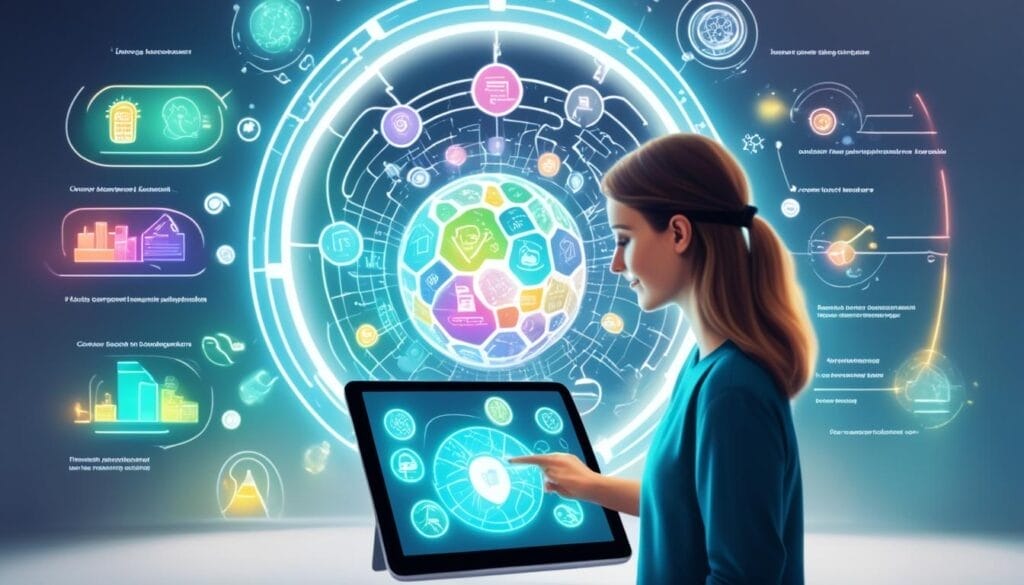The rise of AI in education marks a significant turning point, particularly with personalized learning through adaptive learning systems. AI-driven platforms tailor content, strategies, and feedback to each student’s needs, abilities, and learning styles. These platforms aim to address the challenges faced by traditional education methods by offering personalized learning paths that respond in real-time to the unique characteristics of each student. However AI-powered adaptive learning enables students to progress at their own pace, receive targeted feedback, and engage with learning materials in ways that align with their preferences and abilities.
AI-powered personalized learning
As the educational landscape rapidly evolves, especially with advances in technology, the role of AI in education continues to expand. Traditional teaching methods often struggle to meet the diverse needs of students, leading to a “one-size-fits-all” approach. Adaptive learning systems address this issue by providing customized learning pathways that cater to the individual needs of each student. AI analyzes student data, identifying areas where they struggle, and offering additional resources to support their progress. This shift from teacher-led to AI-powered personalized education promises to enhance the learning experience for students of all ages and abilities.
Adaptive learning is grounded in key educational theories such as constructivism, differentiated instruction, and cognitive load theory. These theories emphasize the importance of personalized, interactive learning environments that support students in constructing knowledge through experiences. However adaptive systems allow for real-time adjustments in teaching methods, acknowledging the diverse abilities and learning styles of students. By managing the amount of information presented, adaptive learning platforms support students’ cognitive capacities and optimize their learning processes, ensuring a more efficient and effective educational experience.













